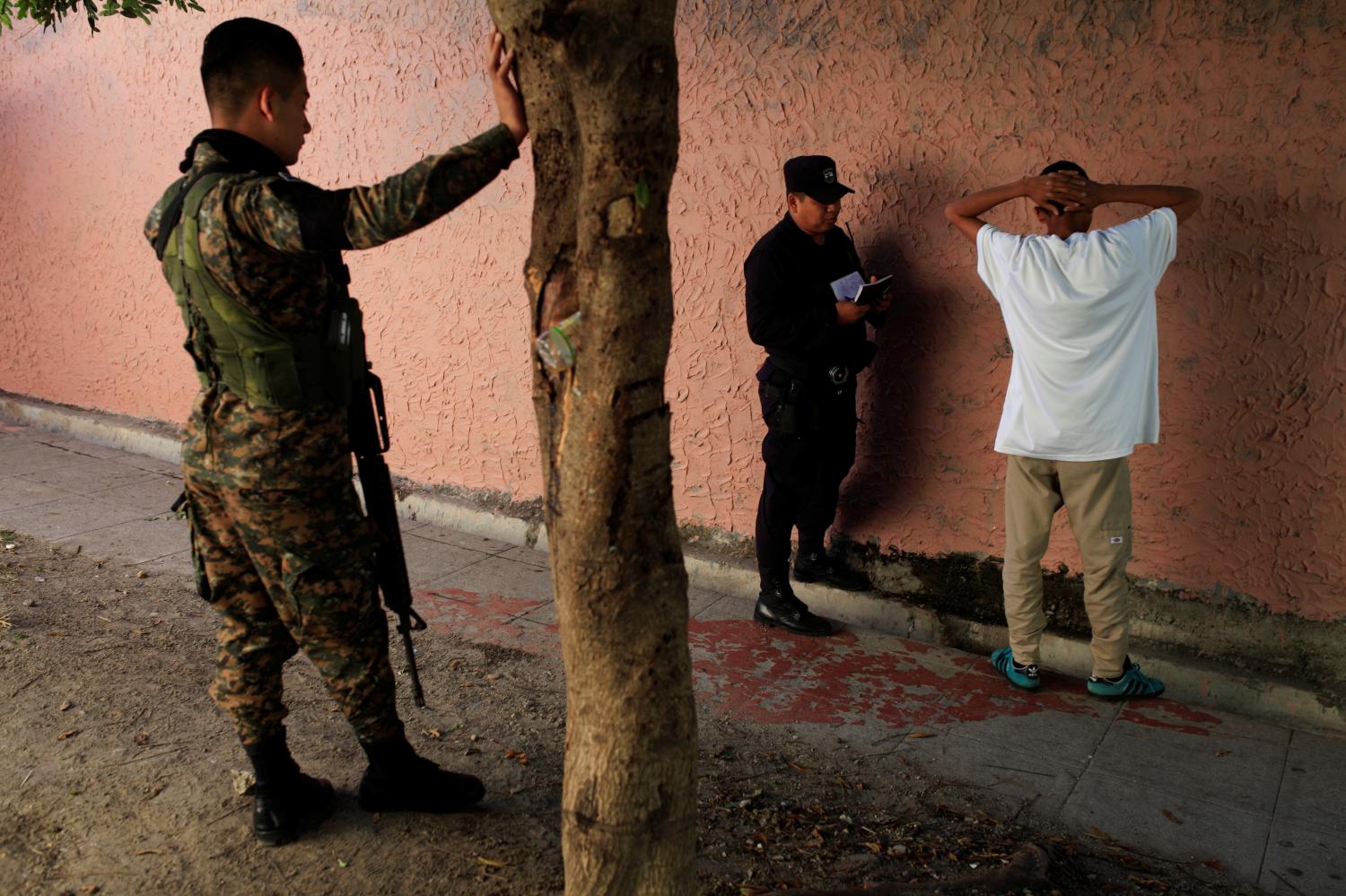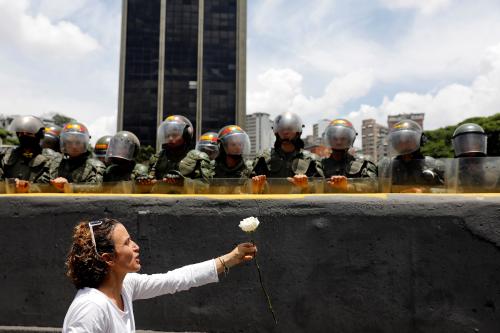This policy brief is part of a series of papers on democracy, security, and violent extremism prepared for the Community of Democracies’ Democracy and Security Dialogue. The project seeks to foster greater collaboration among democratic governments, donors, civil society, and academics to improve security outcomes and create a more conducive environment for the strengthening of democracy around the world.
SUMMARY
Homicide rates, an important indicator of violent crime, are lower in societies with strong democratic institutions and cultural values of nonviolence and equality. Though data limitations make conclusions about causality difficult to reach, current research suggests that nations undergoing transitions from autocracy to democracy experience the highest homicide rates. Meanwhile, strong democracies and strong autocracies tend to have the lowest homicide rates.
Scholars continue to explore various theories to explain these relationships between levels of democracy and violent crime. Explanations fall into one of two categories. First, institutional differences between regime types show that strong democracies provide more effective and peaceful means for settling disputes and easing socio-economic inequalities; nations with weaker democratic institutions and practices do not enjoy these benefits. Strong autocracies manage to control violent crime through more repressive techniques of social control and punishment. The second category contends that democratic values promote nonviolent behavior, discouraging homicide.
To reduce homicide rates, democratic governments should pursue evidence-based policies to reduce inequality and maintain fair and effective criminal justice systems based on a combination of rehabilitation, retribution, deterrence, and incapacitation (for repeat offenders). They should also adopt customized strategies that concentrate law enforcement and social services resources on people and places with the highest levels of violent crime. Finally, they should foster inclusive democratic processes at all levels of government and actively promote societal values of human dignity.
*This brief was written with invaluable assistance from Julian Duggan, Carlos Castillo, and Matthew Koo, with expert feedback from Thomas Abt, Vanda Felbab Brown, Ignacio Cano, Susanne Karstedt, Christopher Meserole, and researchers at the Institute for Security Studies, as well as members of the Community of Democracies Governing Council and its Civil Society Pillar.
The Brookings Institution is committed to quality, independence, and impact.
We are supported by a diverse array of funders. In line with our values and policies, each Brookings publication represents the sole views of its author(s).





